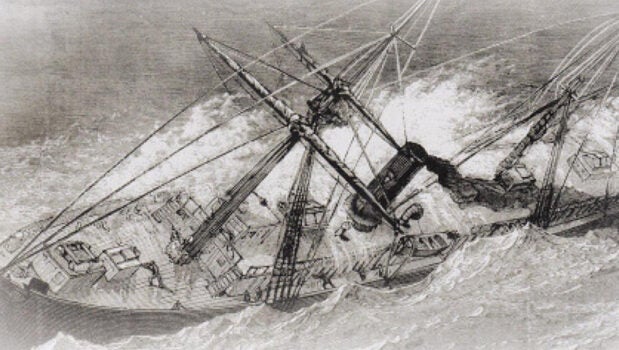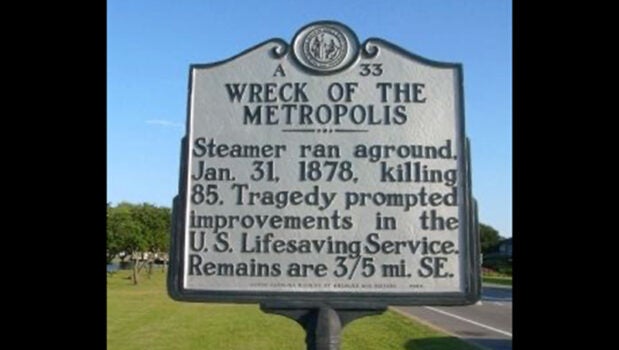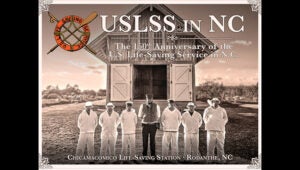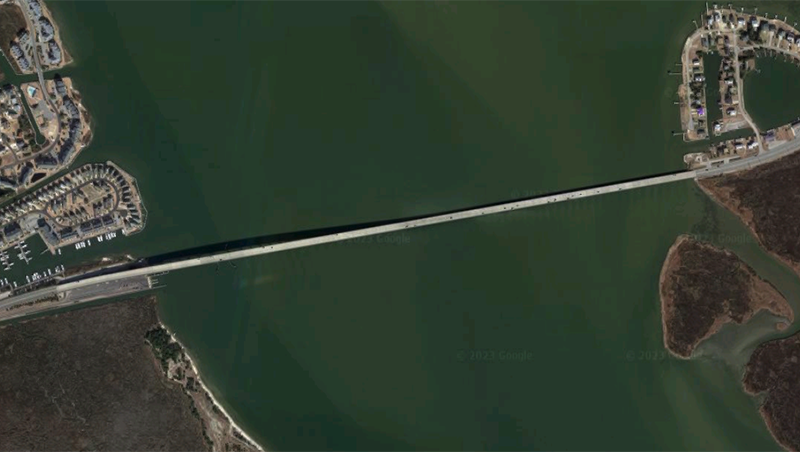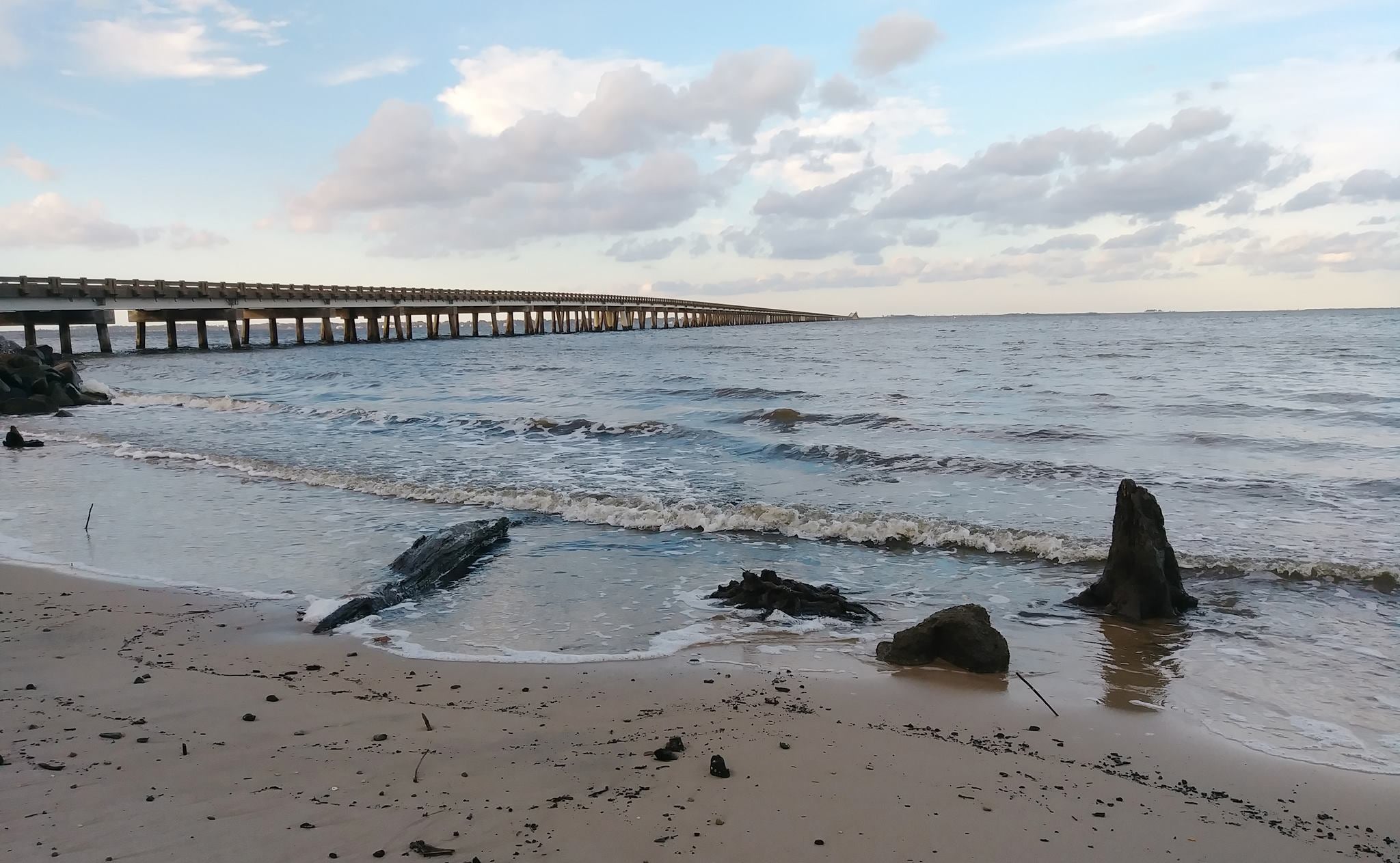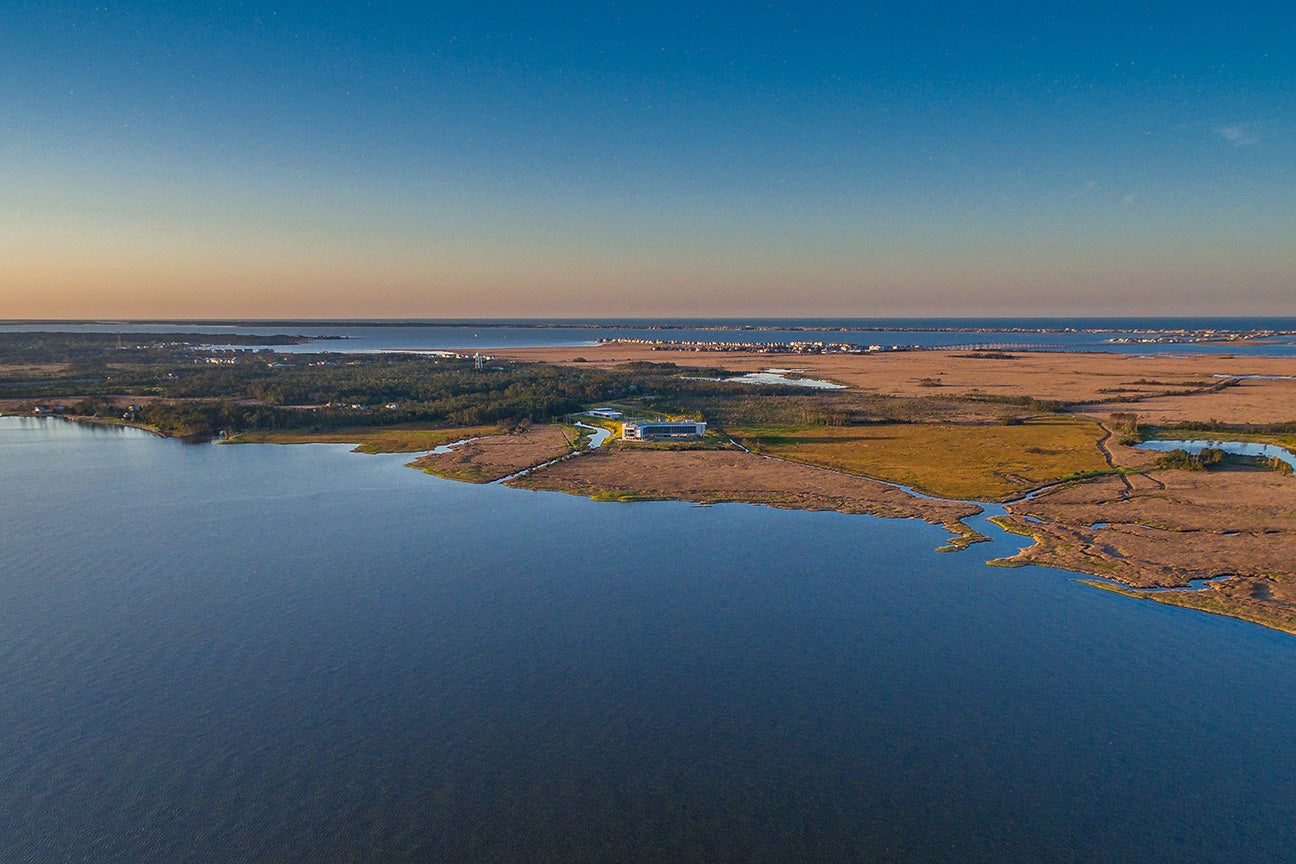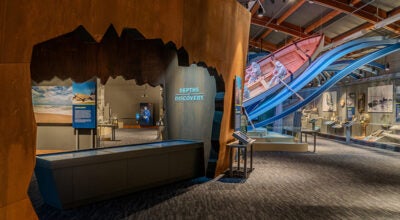USLSS in NC: A noble community
Published 12:19 pm Monday, March 4, 2024
|
Getting your Trinity Audio player ready...
|
By Jen Carlson
On January 31, 1878, the wooden steamer, Metropolis, ran aground about 4 ½ miles south of the Jones Hill station. She was discovered by locals who happened to catch a glimpse of one of her masts in the fog. One local man hurried to the closest neighbor who lived about ½ a mile away to borrow his horse with the purpose of riding to the station to relay the news of the shipwreck. The other gentleman saw survivors in the surf and began helping those to shore that he could reach.
Once notified, the station crew began making their way to the wreckage with the heavily laden beach apparatus cart weighing more than 1,000 pounds. Due its location, strong tides often lead to the station being surrounded by several inches of water which would cause the men to sink in the sand with every step. The crew was exhausted from their extensive beach patrols from the previous day during stormy weather, so they asked for assistance from yet another local by having him haul the cart with his horse through the wet sand. Taking the surf-boat too was an impossible task due to the distance to the wreckage and the Metropolis was breaking apart rather quickly according to eyewitnesses.
Once arriving on scene, the Jones Hill crew immediately went into action preparing to fire the mortar shot. The first shot missed which was not unusual as distance and wind speed are difficult to estimate. The second shot was a success and the whip-line was attached to the shot-line to be hauled towards the stricken vessel. Unfortunately, the ebbing water put a strain on the shot-line which essentially was sawing itself across the iron-wire stay of the jib which caused it to part. The line was pulled back to shore for a third shot but a delay occurred as Keeper Chappel only had enough powder in his flask for two shots. Black powder was retrieved from a neighbor’s home but the final two shots missed the mark as the new powder was stronger than the slow burning powder used by the station and each ball broke the line in the air. Two surfmen then began walking the nine mile round-trip to the station to retrieve more mortar balls and black powder. Ultimately, when they returned nothing remained of the Metropolis except for debris floating in the water.
In the meantime, Keeper Chappel attempted to reach the wreck with a line by swimming out but fatigue prevented him from breaking the current and getting through the breakers. Those stranded on the wreckage realized no more help would come in time from the shore so they began jumping overboard into the treacherous waves. Beaten by both waves and debris, they struggled to reach the shoreline. The remaining station crew and local men stood fast in the current in waist-deep water fighting a powerful undertow to haul survivors to shore. Even a neighborhood Newfoundland dog joined in the efforts of pulling survivors to safety. Once on shore, other locals would tend to the wounded and assisted survivors in warming themselves at fires that had been built on the beach. The labors of the rescuers lasted hours as they too were battered by debris, but they never gave up until there was no one left to pull from the water. The survivors were then taken to various homes where food and clothing were provided for an overnight stay.
All in all, 85 souls were lost from the Metropolis. Thanks to the efforts of the rescuers, nearly everyone who made it inside the breakers were saved. This tragedy also brought about a realization that more stations were needed as a twelve mile stretch between the Jones Hill and Caffey’s Inlet stations impeded Keeper Chappel in asking for assistance from another station. For two years, requests had been made by the Sixth District Inspector, Captain J. H. Merryman, that a station be built near the very location that the Metropolis was stranded in an effort to shorten the distance patrols would have to cover and thus making response time in emergencies faster. He had also recommended that the number of crew at each station be increased. The final tragedy of this incident was the removal of Keeper Chappel from his position. While he performed admirably during the water rescue and risked his own life to save others, it could not be overlooked that he wasn’t prepared to fulfill his duties. Had more ammunition been available, it could have led to everyone on board the Metropolis being safely hauled to shore via the breeches buoy. It was his lack of forethought that was the deciding factor in finding a more careful man to replace him.
All in a Day’s Work
Sometimes it’s being in the right place at the right time … On August 15, 1882, the sloop Unqua encountered rough weather and sprung a leak. The two-man crew missed the Oregon Inlet channel and ran her aground about 2 ½ miles south of the Bodie Island station. The stations were closed for the season but Surfman Wise of the Oregon Inlet station saw her strike land and hurried to her assistance. Along with a friend, Wise waded on board and they manned the pumps, soon getting the leak under control. It was a struggle to get the sloop back into the channel but then the wind broke the mainsail and once again, the Unqua drifted ashore. They had to wait for high tide before she would float to where they anchored her in the Roanoke Sound. The captain of the vessel requested a new mainsail from New York and waited until November before repairs could be made. During that wait, the sloop broke her moorings in a heavy gale and once again came ashore. By now, the station was open for the season and the entire Oregon Inlet crew assisted with getting her back into the water and safely on her way through the Pamlico Sound. The sloop was ill-fated, however, because only weeks later, she was driven ashore yet again near Fort Macon but this time, she was out of reach of assistance from any lifesaving station and became a near total loss so her master decided to sell her for a small sum.
We hope you will join us October 11-13, 2024 in celebration as we recognize the #LegacyofLifeSaving and the lasting impact of these often-unsung heroes. Go to chicamacomico.org for details of the events.
READ MORE IN THIS SERIES HERE:
SUBSCRIBE TO THE COASTLAND TIMES TODAY!


